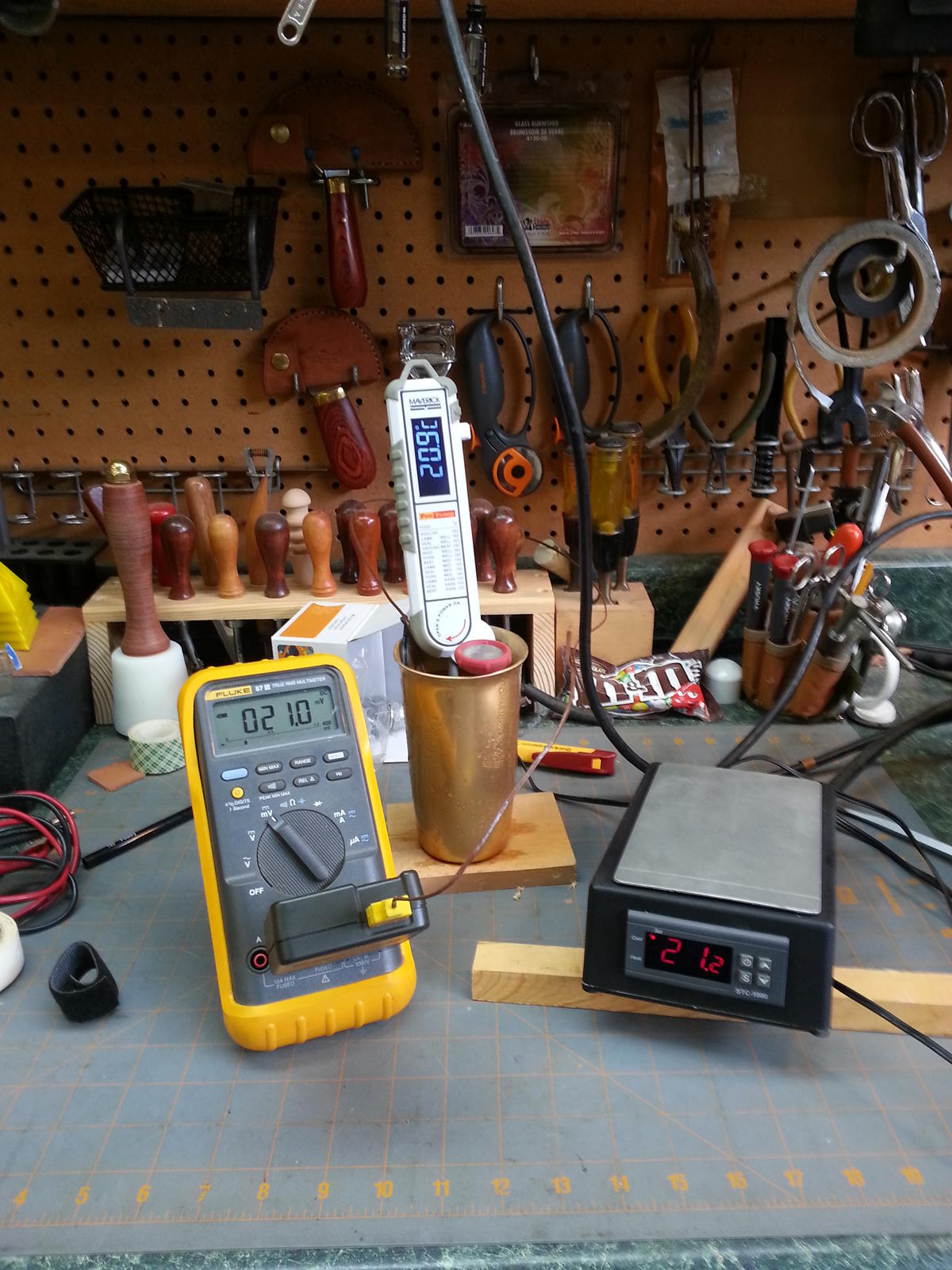motobrewer
I'm no atheist scientist, but...
OK. I'll go **** off in a corner now...

It wasn't a negative comment. You told me to be patient and your sig has a funny comment about patient people.

OK. I'll go **** off in a corner now...


Yeah, but your comment was "Your post & your sig line both are comical."
Which sounds kind of dickish, IMHO.
Anyway... for real, I'm out. Again, for better or worse, I've said all I came to say.
Ok.
For the record, I wish people would stop parroting the advice that 48 hour+ lag times are ok. Just because some dude had a 72 hour lag time once and the beer tasted "pretty good" doesn't mean it's good brewing advice or practice.
>24 hours means something is not right; oxygen, yeast mishandling, temperature, wort composition, etc. While effects on the finished beer might be minimal there's a problem in either the process or yeast.
Hey man, lots of comments, but have you checked your thermometer to make sure it is accurate? I have had dial thermometers be off by 40* before.

Moto - did you use spring water or distilled water to hydrate the yeast? I've heard of distilled/RO water causing tonicity issues when hydrating dried yeast.
I use a thermopen. I haven't cal'd it in awhile but I trust its close.
i let the rehydrate cool down at room temp. i don't know what the temp is exactly (I should probably record for future reference) but it wasn't 90F.
i stopped using notty years ago because it's so unpredictable. when i first started brewing, it was great stuff every time. then they had that run of dead/lagging yeast where they had to pull it off the shelves, and it was out for a while. when it came back, many lhbs's, including 2 here, stopped carrying it, even. i've switched to us-05 and s-04 as my go-to yeasts, and have never had a problem with them
Has anyone else noticed that both motobrewer and I purchased the Nottingham yeast that is in question from the same vendor within a couple of weeks of each other?
Maybe Northern Brewer was supplied with a bad batch?
Think of how many successful batches are under notty's belt.
In the end it's either you, northern, ups/fedex or danstar. Danstar seems the least likely in that set of choices.
Okay, let's assume it was me.
Danstar seems the least likely in that set of choices.
Sure, except for that one time when danstar had to recall thousands of sachets 5 years ago.
Just to document - my Irish Red was approximated to finish at 1.013 using Notty. It hit 1.008, hopefully not too dry for the style.

in my opinion I'd prefer to err on the side of dry. overly sweet beers are just undrinkable to me.
if it was all-grain i'd suspect mash temp.

Enter your email address to join: